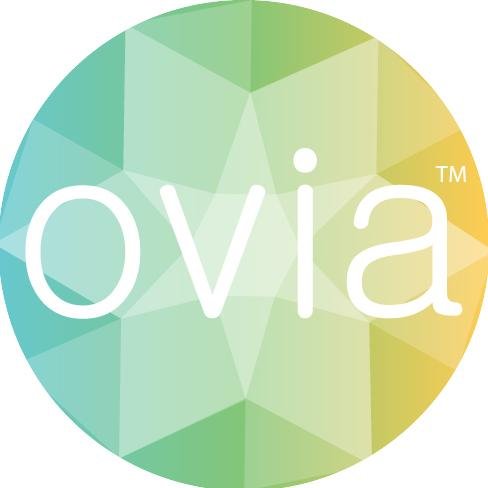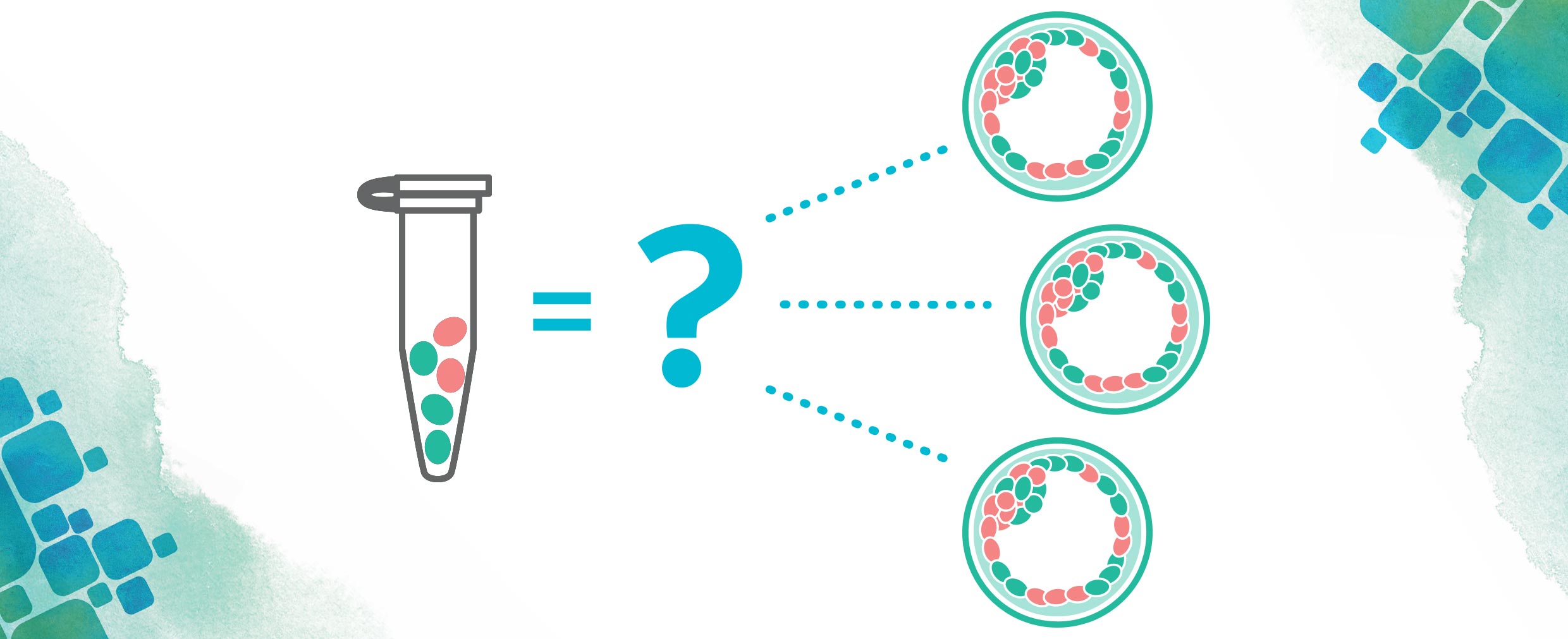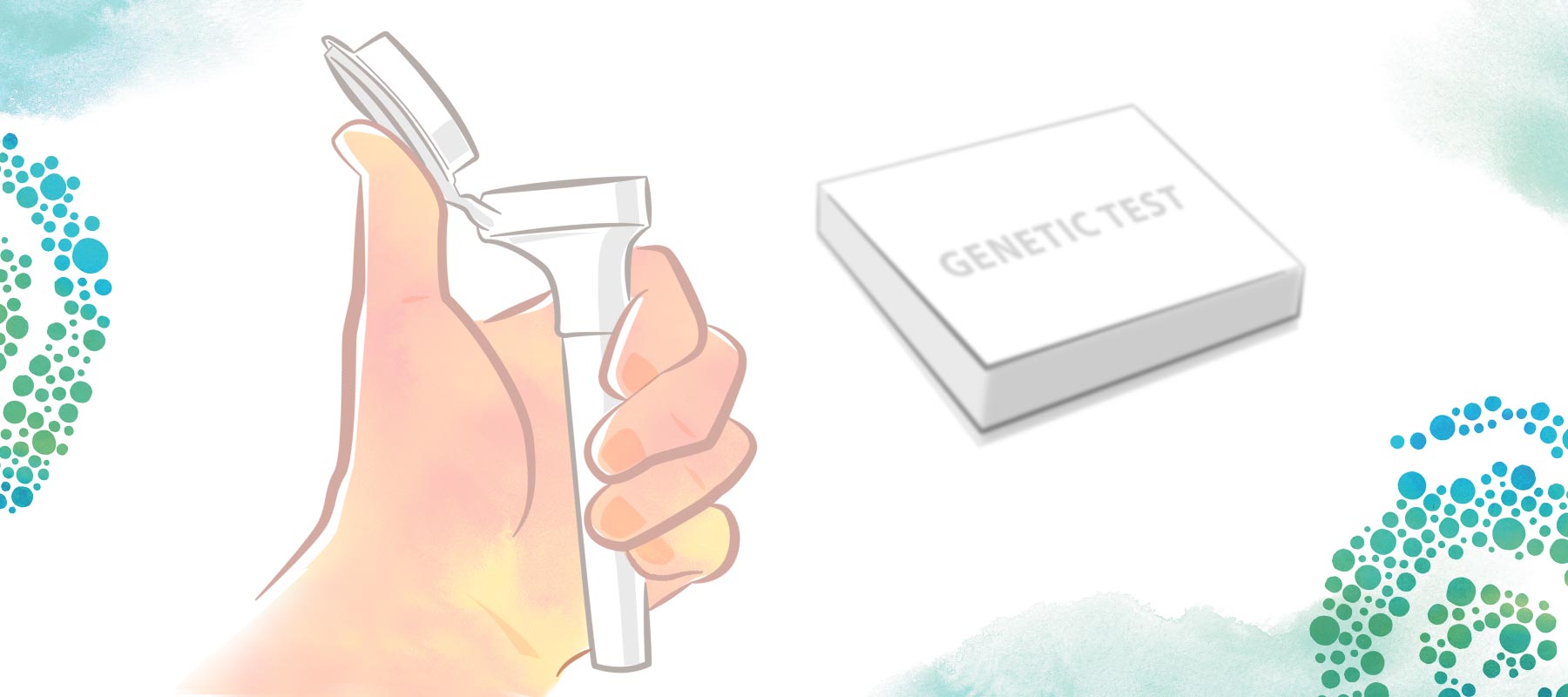We’ve spent our entire lives inside of our bodies, so we should know them pretty well, right? Despite time spent in biology classes and doctor’s offices, a lot of us don’t have the first idea how our bodies really work. One added benefit of trying to conceive is that it gives you the opportunity to relearn some of that information, or even learn it for the first time.
Our bodies are complex and amazing — we should get to know them! A few ways to do that are to keep track of your:
- Menstrual cycle
- Changes in your body and mood
- Nutrition and exercise habits.
Don’t worry, it’s easier than it sounds!
Tracking your cycle
You can’t forget your cycle when you’re thinking about fertility. Quick crash course: You’re ovulating when one of your ovaries releases an egg into a fallopian tube. The egg can hang out there for about 24 hours before it disintegrates, so your fertile window is the five or six days around that when intercourse could result in conception. Sperm can survive in your body for up to five days, which is why the fertile window is longer than just the day of ovulation.
Ovulation cycles are different for every woman; some can expect to be ovulating about halfway through their cycles, and others start ovulating anywhere from a few days to a few weeks after their periods. When you track your cycle, you learn your body’s patterns and when to expect ovulation and menstruation. It lets you to plan out your tampon runs and hot dates, which is crucial when you’re in the business of baby making.
Recognizing your symptoms
You’re hyper-alert to potential pregnancy symptoms when you’re trying to conceive. By keeping track of headaches, cramps, and other symptoms you’re experiencing, you can identify patterns in your cycle and isolate things that might be pregnancy symptoms. Do you always have tender breasts when you’re ovulating, or is that new? Is this cramp a sign of menstruation or ovulation? When a brand-new symptom comes along, you can go ahead and buy a pregnancy test.
Tracking things like sex drive and mood can help you out in ways unrelated to pregnancy. When is your sex drive highest? How can that information improve your sex life? Are you just feeling anxious today, or has that been a pattern over the past couple weeks? You can also log your cravings, and if you discover that you’re always craving salt during your period, you can nix those midnight runs to the store and start stocking up on pretzels in advance.
Logging your habits
Maintaining a healthy lifestyle can make it easier to conceive and have a healthy pregnancy, but establishing good nutrition and exercise habits takes time. Simply recording what you eat every day is a good first step because it makes you more aware of what you’re eating. It can also give you a better idea of which nutrients you’re getting every day. Eating a salad is usually a healthy choice for lunch, but your body needs protein too. Logging meals (not necessarily counting calories) can remind you to throw some chicken or tofu into your dinner.
Tracking your exercise probably won’t give you any deep insights into your habits (you know when you work out), but it’s nice to pat yourself on the back for a job well done. Fitness trackers that count steps can encourage you to be more active, and writing down the kind of workouts you’re doing (cardio, strength, etc.) can make it easier to switch things up. Doctors recommend at least 30 minutes of daily exercise, but it’s totally up to you what that looks like.
Understanding your body
You can go your whole life without ever thinking about cervical fluid and other weird fertility checkpoints, but as soon as you start trying to conceive, they’re suddenly a daily practice. What does my cervical fluid look like? What’s my basal body temperature? Where’s my cervix today? Ovulation tests are useful, but isn’t it so cool that your body can tell you when you’re ovulating?
Not to toot our own horn too much, but with Ovia Fertility for iOS and Android, you can track all of those methods, plus sleep, weight, blood pressure, and medications. You can enter your workouts, your meals, and what days you’ve had sex. Perhaps most importantly, you can log the dates of your periods, and Ovia will predict your next period and your fertile window. Tracking only takes a few minutes out of your day, and the knowledge you get in return is incredible. As you continue trying to conceive, consider taking a little time to record the journey — you’ll learn a lot.
 Ovuline
Ovuline
We’re the company behind Ovia, a new generation of health apps built to help women conceive faster, have healthier pregnancies, and start families with confidence.






